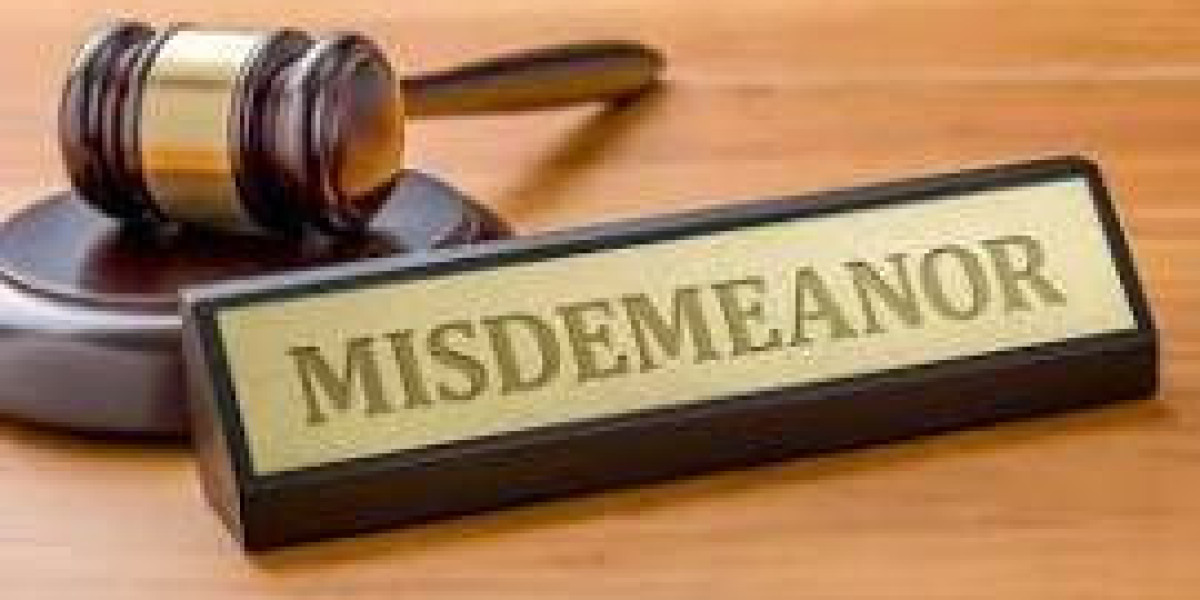Introduction
In legal and political discussions, few phrases generate as much attention as high crimes and misdemeanors. Often associated with impeachment proceedings in the United States, the term has both historical and legal significance. While many people have heard the phrase in political debates, very few truly understand what it means in law and how it differs from everyday crimes.
This complete guide will break down the origins of the phrase, its role in the U.S. Constitution, how it applies in practice, and why it continues to shape discussions around accountability, justice, and political responsibility.
What Does “High Crimes and Misdemeanors” Mean?
The phrase “high crimes and misdemeanors” is not a typical legal category like theft, robbery, or assault. Instead, it is a constitutional standard used to determine whether government officials—most notably, the President of the United States—may be impeached.
It first appeared in Article II, Section 4 of the U.S. Constitution, which states:
“The President, Vice President, and all civil Officers of the United States, shall be removed from Office on Impeachment for, and Conviction of, Treason, Bribery, or other high Crimes and Misdemeanors.”
This wording makes it clear that impeachment is not limited to treason or bribery. It allows Congress to hold officials accountable for broader misconduct.
Historical Background
The phrase originated in English common law, where Parliament used it to describe offenses by public officials that violated the trust placed in them. These offenses did not always have to be crimes under common law; they could also include corruption, abuse of power, or betrayal of public trust.
When drafting the U.S. Constitution in 1787, the Founding Fathers adopted this phrase to provide flexibility. They wanted a mechanism to remove leaders who abused their power, even if their actions did not fit neatly into standard criminal categories.
Legal Interpretations
One of the challenges with high crimes and misdemeanors is that the Constitution does not clearly define them. Over the years, legal scholars and lawmakers have debated what falls under this category. Generally, it includes:
Abuse of Power – Using official authority for personal gain or political advantage.
Corruption – Accepting bribes or engaging in dishonest conduct while in office.
Betrayal of Public Trust – Violating the confidence that citizens place in their leaders.
Serious Misconduct – Actions that, while not always criminal, damage the integrity of government.
High Crimes vs. Ordinary Crimes
It’s important to distinguish between everyday criminal law and impeachment standards.
Ordinary Crimes – Theft, assault, robbery, and fraud are punishable under state or federal law, and offenders may face jail, fines, or probation.
High Crimes and Misdemeanors – These focus on official misconduct by government leaders. A President could commit a high crime even if no criminal law was technically broken, as long as the act undermined democratic institutions.
This distinction highlights that impeachment is primarily a political process rather than a criminal one.
Famous Impeachment Cases
Throughout U.S. history, the phrase has been central in major political crises:
Andrew Johnson (1868) – Impeached for violating the Tenure of Office Act and abusing presidential powers.
Richard Nixon (1974) – Faced impeachment charges for obstruction of justice and abuse of power during the Watergate scandal. He resigned before the House could vote.
Bill Clinton (1998) – Impeached for perjury and obstruction of justice related to personal misconduct. He was acquitted by the Senate.
Donald Trump (2019 & 2021) – First impeached for abuse of power and obstruction of Congress, then later for incitement of insurrection. He was acquitted both times.
These cases show how high crimes and misdemeanors are applied differently depending on political and social contexts.
Why the Phrase Matters
The importance of this phrase lies in accountability. It ensures that leaders are not above the law and must maintain integrity in office. Without this safeguard, government officials could act with unchecked power, undermining democracy.
Furthermore, the phrase reflects the balance between law and politics. While impeachment is a legal process, its outcomes often depend on political will, public opinion, and the judgment of Congress.
Criticisms and Debates
The open-ended nature of high crimes and misdemeanors has sparked ongoing debate:
Too Vague? Some argue it allows for politically motivated impeachments.
Too Restrictive? Others believe it should include more specific criminal acts to avoid ambiguity.
Checks and Balances – Many scholars defend its flexibility, noting that rigid definitions would weaken Congress’s ability to respond to unexpected abuses of power.
This debate continues to shape modern discussions about constitutional law and presidential accountability.
The Legal Process of Impeachment
Understanding impeachment requires knowing the steps involved:
Investigation – The House of Representatives investigates allegations against a government official.
Articles of Impeachment – If evidence is strong, the House drafts formal charges.
House Vote – A simple majority vote is needed to impeach.
Senate Trial – The Senate holds a trial, presided over by the Chief Justice if the President is on trial.
Senate Vote – A two-thirds majority is required to convict and remove the official.
Thus, impeachment is not just about proving a crime—it’s about whether the official’s actions are severe enough to justify removal.
High Crimes and Misdemeanors in Modern Context
Beyond historical impeachment cases, the phrase continues to be relevant today. It is often invoked when questions arise about government ethics, misuse of authority, or corruption scandals. Citizens, legal scholars, and lawmakers all look to this constitutional standard as a way of holding officials accountable.
The fact that it has been applied differently across cases also demonstrates its adaptability to changing times and political climates.








